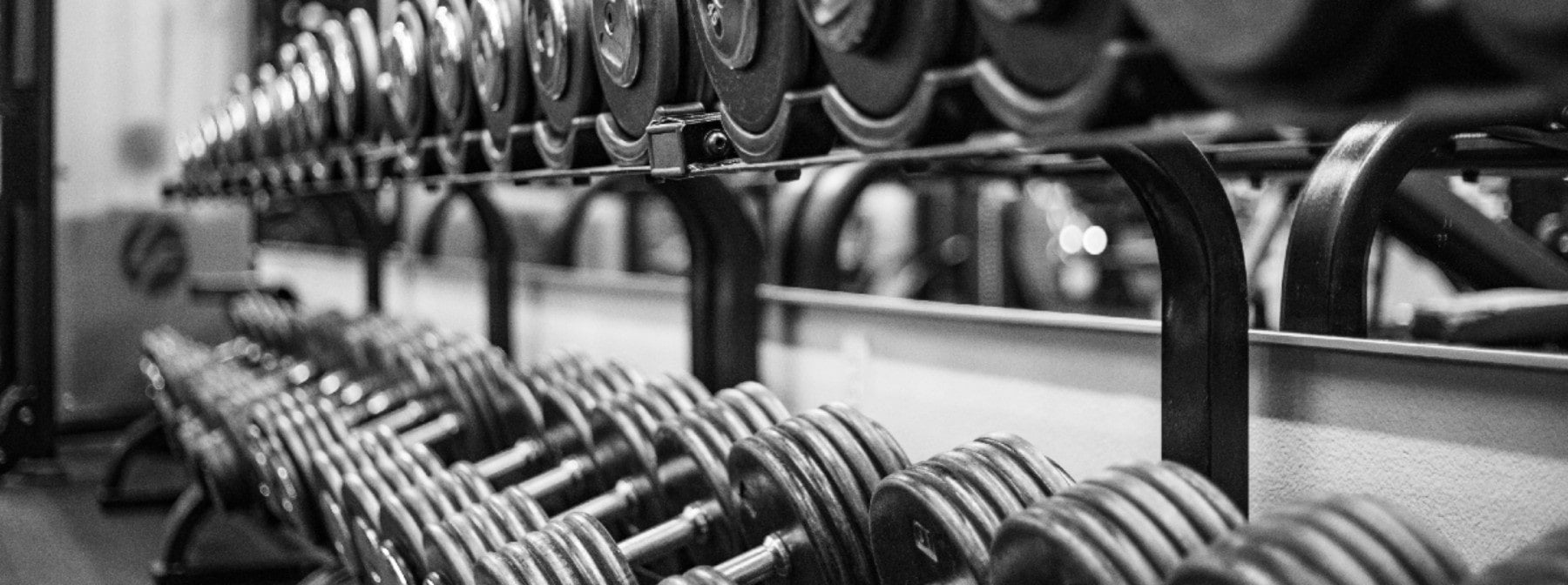
Weight training’s benefits for building muscle, increasing strength, and burning calories are well known. But a new study suggests it may also have one less well-known benefit: a longer life.
The study, published in the British Journal of Sports Medicine, found a link between lifting weights and lower mortality. (1)
Researchers asked more than 150,000 adults aged between 60 and 80 about their exercise habits. They found that those who did more than 150 minutes of moderate to vigorous exercise a week lived longer than those who didn’t.

It was also observed that those who combined lifting weights and moderate to vigorous physical activity were seen to gain additional benefit. Lifting weights was also seen to be particularly beneficial for women.
Participants who completed weight training independently of any other form of exercise had 9-22% less risk of lower all-cause mortality, and those who completed weight training alongside moderate to vigorous exercise had a 15-47% lower risk.
While they cannot be certain, researchers on the study believe that the relationship between lifting weights and lower mortality risk might be due to the improvements it can have on body composition (ie greater lean mass), functional strength, and musculoskeletal health.
More interestingly, they also believe the social nature of weight training — usually happening in the gym with others — may also contribute, although they acknowledge this cannot be proved by the study’s findings.
The NHS recommends that adults aged 19-64 should aim to complete at least 150 minutes of moderate exercise or at least 75 minutes of vigorous exercise every week. Examples of moderate exercise include brisk walking, cycling, dancing and hiking, and examples of vigorous exercise include running, swimming, martial arts, and team sports.
The NHS also recommends that people aged 65 and above should aim to be physically active every day and do activities that improve strength, balance, and flexibility at least twice a week.
The findings of this study suggest that older adults should include some form of weight training in their exercise program.
What is strength training?
Strength training program could include any of the following:
- Free weights (such as barbells and dumbbells)
- Weighted vests and ankle/wrist straps
- Resistance bands
- Bodyweight exercises
What are the benefits?
Increased Muscle Mass & Strength
Sarcopenia, the gradual process of losing muscle mass and strength, affects most older adults. Strength or resistance training can help them maintain muscle mass and strength, and can have a significant effect on overall quality of life.

Build Muscle, Lose Fat | Scientists Close In On Holy Grail
These guys made gains and lost fat all in just 4 weeks....
Reduced Body Fat
It’s important for older adults to maintain a healthy body weight as they get older. Many older adults lose weight as they age, often due to illness and reduced appetite, but it’s equally important for older adults not to gain too much body fat because it can lead to an increased risk of health problems.
Improved Heart Health
It may be surprising, but resistance training can have can benefits for heart health. A study published in Medicine & Science in Sports & Exercise found that people who occasionally lifted weights had a 40%-70% lower risk of experiencing serious heart problems than those who didn’t. (2)
How to strengthen your muscles
Compound exercises are one of the best forms of weight training because they work multiple muscle groups simultaneously. They include:
- Chest press
- Shoulder press
- Deadlifts
- Squats
- Bent-over rows
The NHS says muscle-strengthening activities can also include:
- Carrying heavy shopping bags
- Yoga
- Pilates
- Tai chi
- Lifting weights
- Working with resistance bands
- Bodyweight exercises (such as push-ups and sit-ups)
- Heavy gardening (such as digging and shoveling)
Of course, recovery is always important. Active rest day activities include:
- Brisk walks
- Dancing
- Hiking
Take home message
You’ve probably long been aware of the benefits weight training can have on muscle, strength, and body composition. But until now, it's possible effects on longer life were less known.
While this study cannot prove there is a link, or what the possible reasons for it might be, it seems that older adults especially should include some form of resistance training in their weekly exercise programs.
Want to read more?
READ THESE NEXT:

A Healthy Shopping List For Muscle Gain & Weight Loss
These are the foods that need to be on everyone's list....

Best Supplements For Muscle Gain & Fat Loss | Beginner’s Supplement Guide
The basics of building muscle and losing fat....
Barbell Workout For Women | Tone Up With These Seven Exercises
Work your whole body with just a barbell....

1. Gorzelitz, J., Trabert, B., Katki, H. A., Moore, S. C., Watts, E. L., & Matthews, C. E. (2022). Independent and joint associations of weightlifting and aerobic activity with all-cause, cardiovascular disease and cancer mortality in the Prostate, Lung, Colorectal and Ovarian Cancer Screening Trial. British journal of sports medicine, bjsports-2021-105315. Advance online publication. https://doi.org/10.1136/bjsports-2021-105315
2. Liu, Y., Lee, D. C., Li, Y., Zhu, W., Zhang, R., Sui, X., Lavie, C. J., & Blair, S. N. (2019). Associations of Resistance Exercise with Cardiovascular Disease Morbidity and Mortality. Medicine and science in sports and exercise, 51(3), 499–508. https://doi.org/10.1249/MSS.0000000000001822









